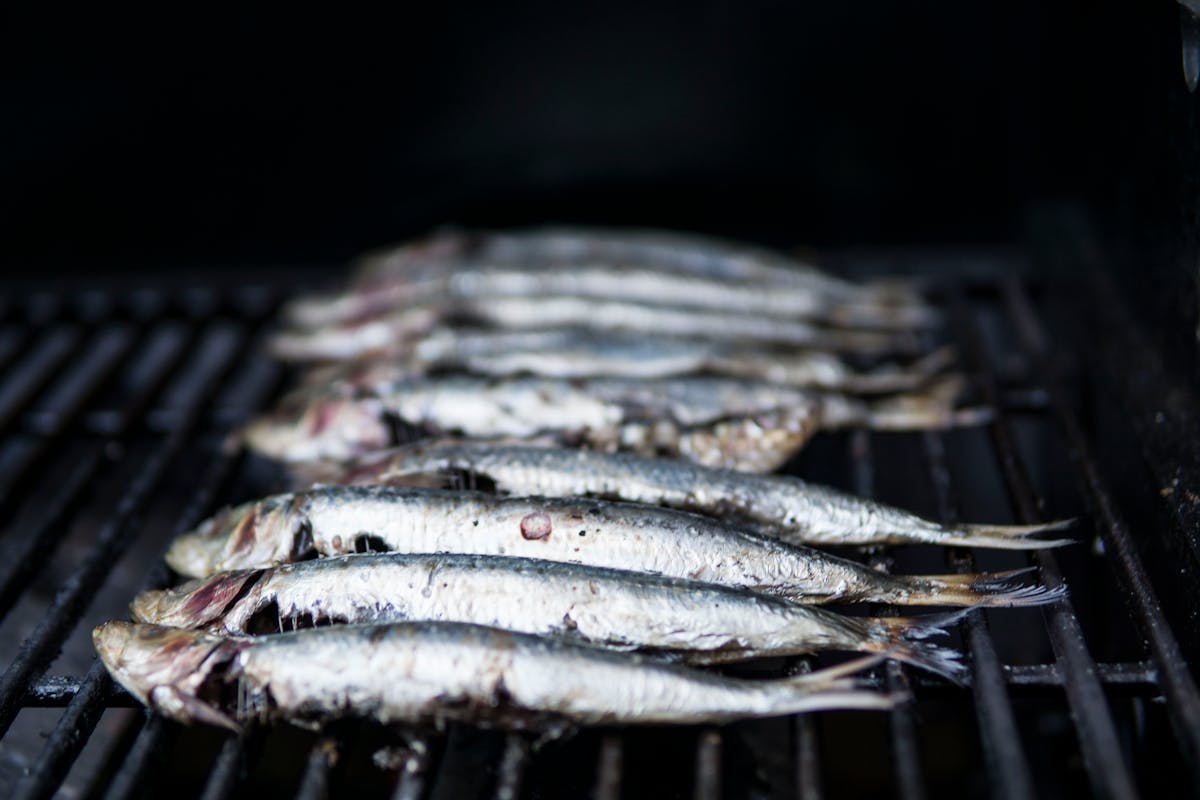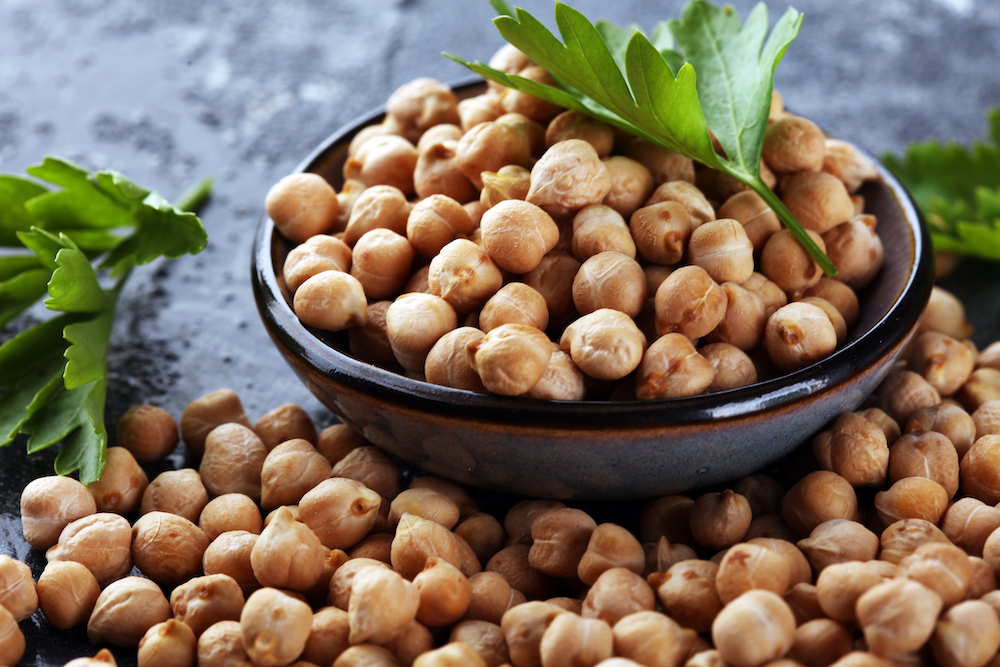
Experts Say – Small Fish Are the Secret to a Healthy Diet
Smaller fish, such as sardines, anchovies, mackerel, and herring, deserve just as much attention as larger fish.
When it comes to fish, the big ones like tuna, salmon, cod, trout, and swordfish usually take the spotlight. They're the most common on restaurant menus, in fish markets, and grocery stores.
However, smaller fish like sardines, anchovies, mackerel, and herring deserve equal respect.
"You may not know much about them, but they are important in many traditional diets," says Sharon Palmer, dietitian and sustainable nutrition expert.
She notes that herring is a key part of the Nordic diet, sardines and anchovies are staples of the Mediterranean diet, while mackerel is used in many traditional cuisines, including Japanese.
These small fish are not only as tasty as the larger ones, but also offer numerous health and environmental benefits.
"Since these fish feed on smaller organisms, they are extremely rich in nutrients – they pack a lot of nutrition into few calories," explains dietitian Tami Best.
The website Real Simple lists seven main reasons why we should choose small fish more often and why they might be a healthier option than larger ones like salmon and tuna.
Heart Health
If your goal is to improve heart health, small fish are a great choice for daily nutrition, reports Zadovoljna.rs.
"They are rich in omega-3 fatty acids, which are essential for the health of every cell," says Best.
Most people do not consume enough of these fats, which are crucial for reducing inflammation and regulating cholesterol. Numerous studies confirm their effectiveness in preventing heart disease.
Immune Boost
Omega-3 fatty acids from small fish also positively affect the immune system.
"They reduce inflammation and oxidative damage," explains Best.
In addition, these fish contain significant amounts of vitamin B12, zinc, and selenium, which further strengthen immunity. Selenium is especially important, B12 is linked to protection from viral infections, and zinc is known as a powerful antioxidant.
Bone Health
If you want to maintain bone density, small fish can be a great help.
"They are often eaten with their soft bones, making them a good source of calcium and vitamin D," says Palmer.
They are also rich in magnesium, another important mineral for bone health.
Brain Health
"Omega-3 fatty acids are great for brain health and can reduce the risk of cognitive decline," says Best.
In particular, DHA, a type of omega-3 found in small fish, is crucial for brain structure and function. Research shows it protects against neurodegenerative diseases and maintains brain function.
Tissue Health
Small fish are rich in protein and iron, which are essential for muscle and blood health.
"These fish contain high-quality protein necessary for muscle recovery and growth," says Best.
Iron is vital for red blood cell health, and protein benefits all tissues – from skin and hair to internal organs.
Metabolic Health
Healthy fats and proteins from small fish also help stabilize blood sugar, which is important for anyone with metabolic disorders.
They slow digestion, prolong satiety, and stabilize energy. All of this also positively affects insulin resistance.
Environmental Sustainability
Small fish are a great option for environmental protection as well.
"They are lower in the food chain and therefore accumulate fewer environmental toxins," explains Palmer.
They also reproduce faster, which reduces the risk of overfishing. They contain significantly less mercury than large fish like tuna, which is especially important for children and pregnant women, adds Best.
Play with Recipes
Besides being healthy, small fish are also very tasty.
Herring is traditionally eaten pickled, with mustard, sour cream, whole grain bread, and potatoes. Anchovies are common in Mediterranean cuisine — in pasta, on pizza, and in salads, including Caesar salad.
"Make a classic Caesar salad with anchovies in the dressing or add extra anchovies on top," suggests Best.
Mackerel is often used in sushi, but also breaded, smoked, grilled, or baked, and sardines are great in sandwiches, salads, served on a plate with cheeses, or in pasta, adds Palmer.





